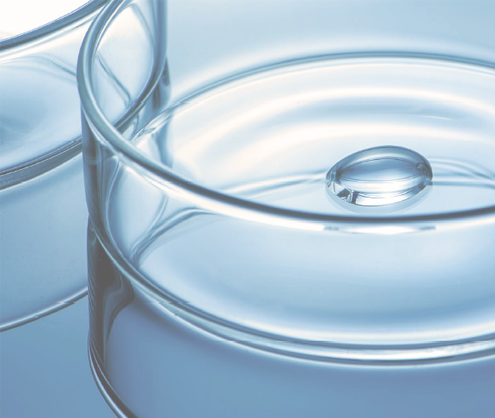
Coup de cœur RESEARCH
Spotlight on bioplastics
Plastics pollute and threaten the health of ecosystems. As they break down into microscopic particles, they contaminate soils, rivers and oceans, representing a major health hazard. The vast majority of the world’s petrochemical plastics are made from polyethylene (PE), which is very difficult for microorganisms to break down. As a result, these microparticles accumulate along trophic chains (bioaccumulation) right up to humans. What’s more, some of the additives they contain could prove toxic in the long term. A recent INSERM study published in April 2022 showed that plastic microparticles induce disorders of intestinal structure and function in mice.
Replacing plastics from the petroleum industry with biodegradable polymers is therefore of vital interest. Numerous studies are therefore focusing on the search for biomass-derived (biosourced) and compostable (biodegradable) materials, in order to develop bioplastics that can follow a natural degradation cycle. Biotechnological production of these bioplastics is one of the solutions currently being considered. The EBInnov® laboratory is interested in the production of polyesters, polyhydroxyalkanoates (PHA). Produced by bacterial fermentation, they represent an alternative to petrochemical plastics. These PHAs are naturally produced by many prokaryotes. In periods of environmental or nutritional stress, they constitute a carbon reserve that accumulates in the cell. Once isolated, the producing microorganisms can be grown in liquid media. After extraction and purification, polymerized PHA is a sustainable source of biopolyesters. EBInnov® focuses its research on three themes:
- exploration of microbial biodiversity in natural environments to isolate the most promising microorganisms in terms of PHA yield or quality,
- improving production yields by adding value to carbon sources derived from agricultural by-products,
- the search for alternatives to chlorinated solvents for PHA extraction, by studying the capacity of green solvents to replace them advantageously.
Find out more: Dr Karim Senni, HDR











